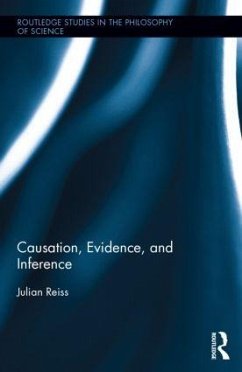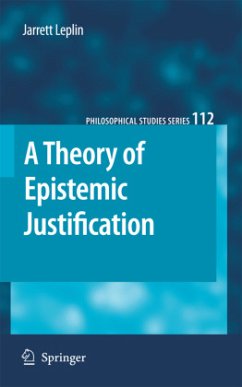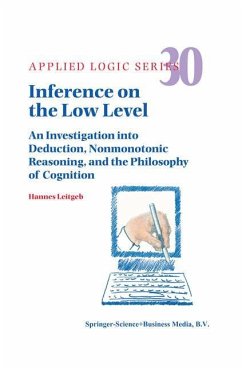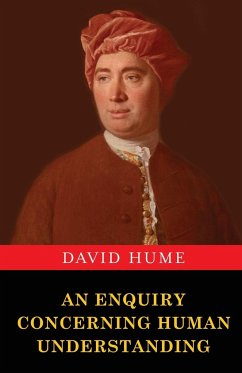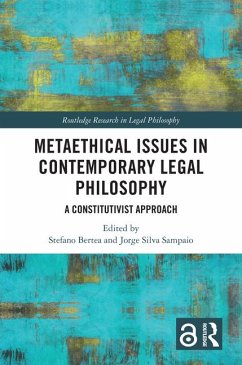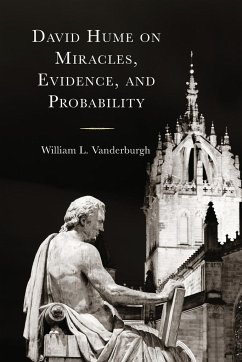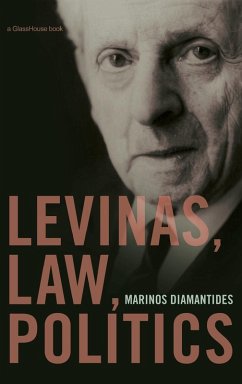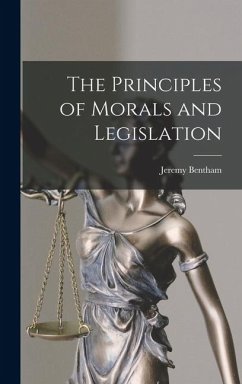Nicht lieferbar

Evidence, Inference and Enquiry
Versandkostenfrei!
Nicht lieferbar
Scholars in diverse academic disciplines discuss the ways in which evidence is conceived, used, and manipulated in their own fields. They explore the possibilities for cross-disciplinary fertilisation and ask if it is possible or desirable to develop general multidisciplinary criteria and methods for studying and handling evidence.




